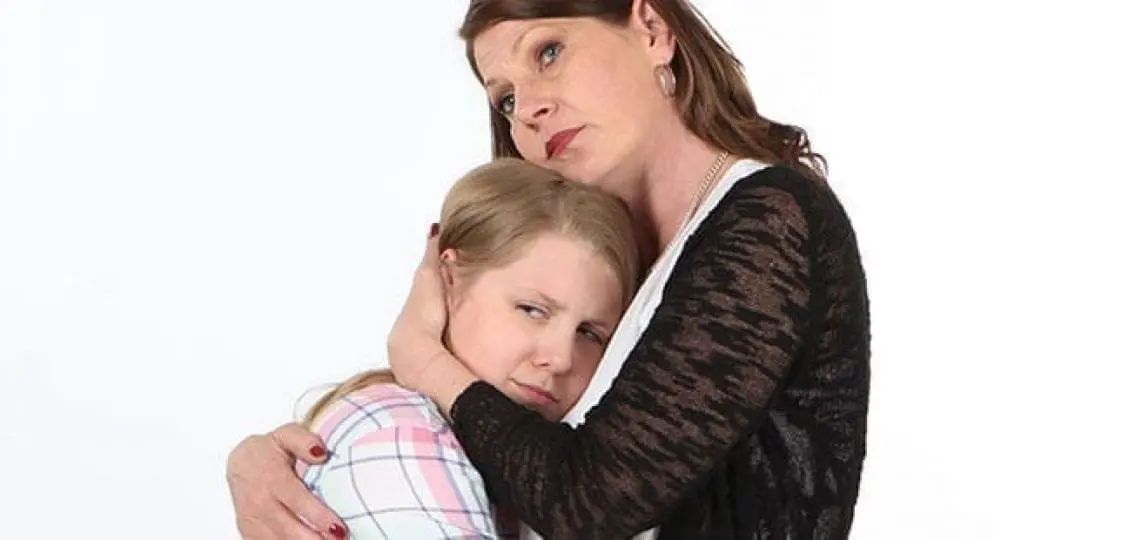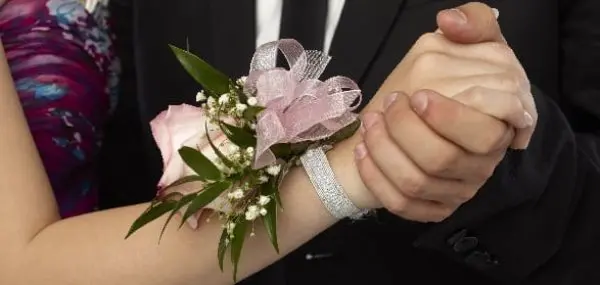Teenage breakups are one of the more painful experiences of adolescence. Laura’s daughter Tracy* had been dating her high school boyfriend, Dan, for five years, and Tracy truly believed that that he was “The One.” They had mapped out their future—everything from where they’d live to how many children they’d have. To top it off, Tracy’s whole family—and especially Laura—adored Dan. So, when Tracy called Laura in hysterics from college, saying that Dan had broken up with her, Laura ached for her daughter—and also felt a bit betrayed herself.

“I was sick to my stomach,” Laura says.
Laura wanted to call Dan herself and demand to know what he was thinking—and she also wanted to simultaneously whisk away her daughter’s pain.
Instead, she comforted Tracy the best way she could, saying, “You are kind and beautiful and smart. There are lots of other great guys out there. You will find the right one.”
It took a long time for Tracy to believe that, though. “Her self-esteem really took a hit,” Laura says.
For many of us, watching our children suffer is the hardest part about being a parent. But as much as we want to, we can’t rush their healing time. “You need to let your kid come to you and just be sad,” says Elizabeth Glanzer, a Santa Monica-based therapist specializing in teenagers and families. “Teenage breakups need to be grieved—just like any other loss.”
5 Ways To Support Your Teen After A Break Up:
1. Do not minimize what has happened.
Try to avoid minimizing the relationship, whether it lasted five years or five weeks. “Sometimes parents see their teenager going through their first breakup and say, ‘Oh you’ll be over it in a month,’” Glanzer says. “But teenagers don’t have a lot of experience with relationships ending. So, for them, dealing with a breakup really does feel comparable to a divorce for an adult.”
2. Allow them to be self-indulgent.
It’s also normal for teens to be rather egocentric. Telling them all about your first breakups and other similar experiences will not necessarily help them feel better. “Teenagers have this sort of natural belief that the world revolves around them,” says Dr. Jennifer Powell-Lunder, a New York-based psychologist and adjunct professor at Pace University who works with tweens, teens, and young adults. “They think that no one has ever thought or felt the things that they think and feel. As a parent, it’s natural to want to tell them, ‘I know just how you feel,’ but a lot of teens will see this as an insult, especially during an emotionally charged moment.”
3. Be sympathetic and willing to listen.
With most teenage breakups, what your teenager needs most during this time is your ear and your sympathy. “Kids aren’t necessarily looking for breakup advice,” says Glanzer. “Most of the time, they just want to think out loud.” For a lot of teenagers, simple words of comfort like, “I’m so sorry you are going through this” and “I’m here for you” are what they most need to hear from Mom or Dad. “Those types of sentiments show that you get how much pain they are in,” Glanzer adds.
4. If necessary, get some counseling.
At the same time, you don’t want your child to be totally enveloped by sadness. “I tell teens they are allowed to have a pity party, but, eventually, they have to move forward,” Powell-Lunder says. If their breakup anxiety overwhelms them and starts to impact their daily life, a professional might need to step in.

5. Encourage them to be patient.
And though it may be hard for your teen to believe in the moment, it’s true: Time does, in fact, heal most wounds. It took a while—and a number of bad dates—but Tracy is now happily dating someone else. Laura has moved on, too. “I remember calling Tracy, about six months after the breakup and saying, ‘I’m officially over this,’” Laura recalls. “Tracy said, ‘Well, that’s great for you, Mom,’ but she laughed.” In that moment, Laura knew both of them would be OK.
*All names have been changed




